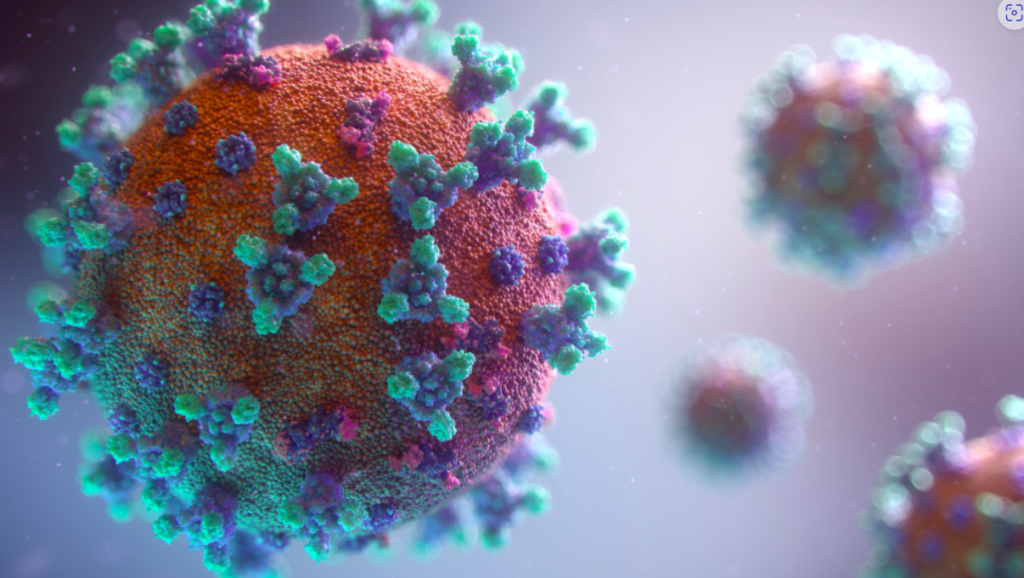

Researchers have created aerosolized COVID-19 boosters that, when breathed, seem to halt the spread of diseases. In previously immunized monkeys and rodents, the boosters effectively boosted immune responses in the respiratory system, which is the home base of COVID-19. It is hoped that the aerosols may lead to easy-to-achieve booster doses that stop infections rather than just aiding in their treatment.
Conventional vaccines, or needle-based vaccinations, have one regrettable drawback despite their many benefits: they don’t prevent the onset of infection. Rather, they assist the immune system in combating the disease after it has already infiltrated the body and begun to multiply. This implies that even those who have had vaccinations against COVID-19, the flu, or other diseases may contract an infection; in such case, the immune system must “remember” how the vaccination trained it to combat illness.
The ability to completely prevent infections is known as “sterilizing immunity.” According to vaccine scientists, sterilizing immunity enables the body to get rid of a virus before it has a chance to spread. It would be necessary to provide inoculations to the nose, trachea, larynx, and certain areas of the lungs in order to establish sterilizing immunity against COVID-19, as respiratory infections initially start to replicate in these mucous membranes.

That is the goal of a tiny number of recently developed aerosolized COVID-19 boosters. Scientists from China and the United States have reported in two studies published in Nature this month (and one pending peer review) that three inhalable boosters may hold the key to completely averting infection or, at the very least, enhancing existent COVID-19 immunity. The Chinese-made booster is a dry powder aerosol, whereas the two US-made boosters are aerosolized or misted liquids. Both have produced positive outcomes.
In one US study, researchers administered commercially available intranasal COVID-19 boosters to some rhesus monkeys and intratracheal booster mists to others. They reported that the intratracheal mist-treated monkeys exhibited a “substantial expansion” of T-cell (immune cell) responses and mucosal antibodies, enabling “near complete protection” against COVID-19. Only intranasal booster-treated monkeys did not experience the same advantages. According to a Chinese study, non-human primates, hamsters, and mice that were given a single dose of a dry aerosol booster all displayed comparable increases in T-cell activation and antibody production, “collectively conferring effective protection” against COVID-19.
Non-human primates who got the booster in aerosol or mist form allegedly had “low to undetectable virus replication,” according to a research that is undergoing peer assessment. Only intramuscular (needle) vaccinations and boosters provided protection against viral multiplication in the upper airway, according to those who got them.
Scientists believe that if inhalable boosters can produce sterilizing immunity against COVID-19, then other respiratory infections should be amenable to the same treatment. Aerosolized boosters could be essential to lowering infections throughout flu season when traditional vaccines fail, even if many vaccine experts prioritize COVID-19.